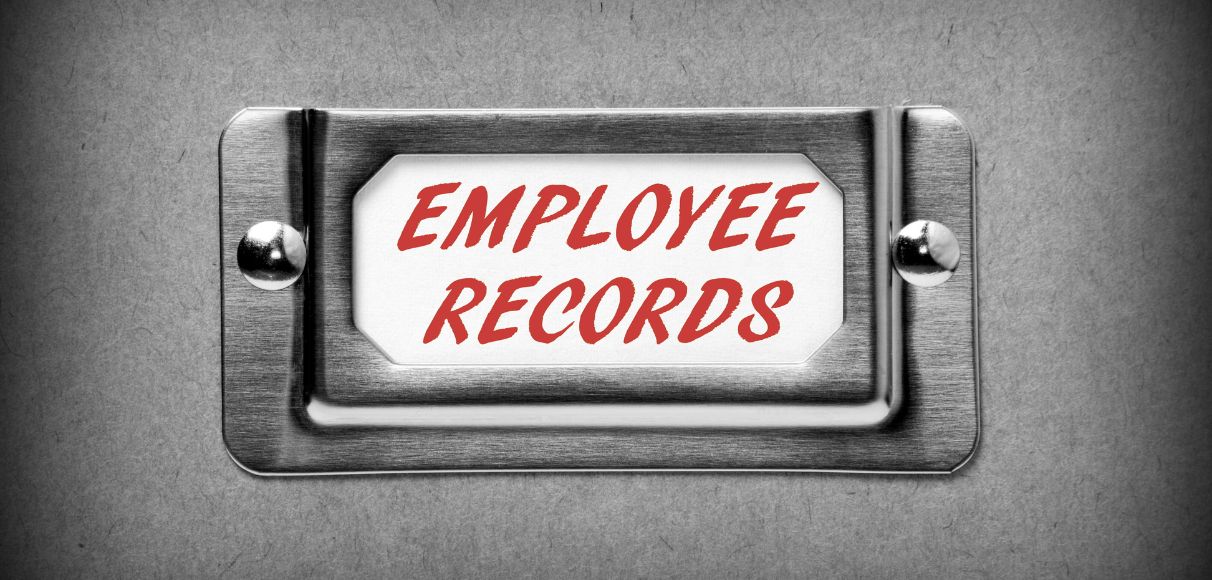Maintaining employee records is a part of bookkeeping for businesses. Like all important business practices, there’s a “why” behind the action. Understand the importance of keeping accurate employee records by reading this helpful guide.
Why Keep Accurate Records?
Employees are one of the greatest assets to businesses. To track progress, complete payroll, and meet legal requirements, it’s best to have employee information on file. It’s the business owner’s (and human resources department’s) duty to maintain accurate records. From standard information like name and social security number to personal documents like health and insurance forms, records are resources!
As far as legal responsibilities, employers must keep tax and wage information for government records. Failing to maintain documents can lead to legal ramifications. That’s why it’s important to follow good practices.
Essential Types of Employee Records
After learning the importance of keeping accurate employee records, you may wonder what type of information employers must maintain. Here are some essential types of records to keep:
- Attendance records: includes paid time off, unpaid time off, vacation, absences, tardiness, and workweek hours. Attendance ensures proper compensation for working hours.
- Training records: proof that employees attended training programs for the job role. Depending on the industry, training is a federal mandate.
- Hiring records: resume, interview notes, and paperwork related to hiring decisions.
- Payroll records: Necessary for IRS tax information. This includes timecards, employee wages, and work/time schedules.
- Family and Medical Leave Act (FMLA): Businesses must maintain time off dates for employees requesting time off with FMLA.
Preventing Legal Trouble
Accurate documents are also evidence for potential legal battles. For example, business owners can refer to employee records if an ex-worker tries to sue for wrongful termination. Legal trouble can come from the IRS or state offices.
For California employers, if the Employment Development Department (EDD), suspects inaccurate payroll records, they will audit your business. Although this sounds like a scary situation, you should never ignore an EDD audit because you risk expensive fines and penalties. As long as you maintain accurate records and provide requested documents, you may not face penalties.








